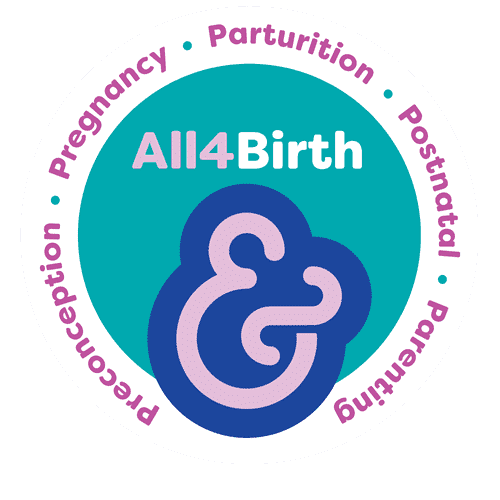Experiences of late miscarriage
Angela Turner Jones
Hypnobirthing practitioner, perinatal educator and a full spectrum doula: supporting women through life’s journey.
@mothernurtured
Welcome
Sadly, I have experienced 2 pregnancy losses, one in 2012 and the other 2014 but I am now blessed with 2 children; 1 biological and the other adopted.
My journey into birth work followed after the birth of my 1st child in 2013 and my passion remains to give continuity of care to women and their families throughout pregnancy, birth and parenthood and to help women understand their choices in birth, so to help them achieve the birth that is right for them.
Following my 2nd miscarriage in 2014, I extended my offering to women and their families and with the help and training from The Miscarriage Association I set up a free local support group in my hometown and is still running to this day.
Types of loss
 The majority of miscarriages tend to happen in the first trimester (early miscarriage) and a loss after 13 weeks up to 24 weeks is called a late miscarriage, although these are much rarer, about 1 in every 100.
The majority of miscarriages tend to happen in the first trimester (early miscarriage) and a loss after 13 weeks up to 24 weeks is called a late miscarriage, although these are much rarer, about 1 in every 100.
A miscarriage may happen naturally or it may be detected at an ultrasound scan which may show your baby has died.
What most people don’t realise when faced with a miscarriage is that your body will go through labour and birth, be that naturally or induced, you may experience strong contractions in your abdomen or pain in your back and your waters may break, or even stay intact until your baby is born.
Later losses tend to come with more emotional and physical challenges because of being further on in pregnancy and the physical changes happening in the women’s body; such as milk production and shape change as baby grows, also the development of baby, because with a late miscarriage, you are likely to be able to see your baby and you need to decide if you wish to see or hold him/her. Also, because you have safely passed the 12-week mark you may have shared the news with family/friends and started preparing.
Once the baby has been birthed, arrangements can be made to have baby buried or cremated if you wish (for early or late miscarriages). I think late miscarriage is perhaps not well supported because the law does not recognise the baby as having existed: no birth certificate, no official record of life.
After 24 weeks, (stillbirth) because the baby has reached the legal age of viability (the period where a baby is deemed capable of surviving outside of the womb) its status changes, you will get a record of the birth and this can be very difficult for families to take on.
Some hospitals do offer a certificate that would note your baby’s name and the date of the miscarriage, they may also offer to take photographs and make hand or footprints of babies miscarried late in pregnancy and may put them in a special memorial box.
Planning the funeral can be deeply upsetting because you have no happy memories to discuss. Many families think about what would have been rather than what has been.
Feelings
The emotional and physical recovery of a late miscarriage can take time and many women start to blame themselves or question ‘What did I do wrong’? ‘What caused my baby to come early’? Most miscarriages, at whatever stage, happen because of an abnormality in the baby and following a late miscarriage most hospitals offer some investigations which may involve tests of the baby (post-mortem) and possibly blood tests for you and perhaps your partner. Sadly, sometimes, there is just no explanation and lots of pregnancy loss charity donations still continue to help fund research into pregnancy problems.
Grief doesn’t start off big and reliably diminish over time. It can flare up unexpectedly, anytime and to help you deal with the grief it’s good to talk to people who understand, be that the hospital or your GP, or one of the many pregnancy loss support organisations below.
Love and gentleness to all, Angela x
Links to resources
 Academic articles
Academic articles
The Lancet | Perspectives | The art of medicine – Miscarriage: you don’t have to be strong for me Petra Boynton 2015
 Books
Books
Miscarriage: What every Woman needs to know, Professor Lesley Regan
Piece of My Heart: Living Through the Grief of Miscarriage, Stillbirth or Infant Death, Molly Fumia
 Websites
Websites
The Miscarriage Association has a telephone helpline, a volunteer support service, an online support forum and a range of helpful leaflets. Tel: 01924 200799 www.miscarriageassociation.org.uk
SANDS (the Stillbirth and Neonatal Death Charity) offers support and information through local support groups, publications and a helpline Tel: 020 7436 5881 www.sands.org.uk
 Social Media
Social Media
The Miscarriage Association on Facebook








